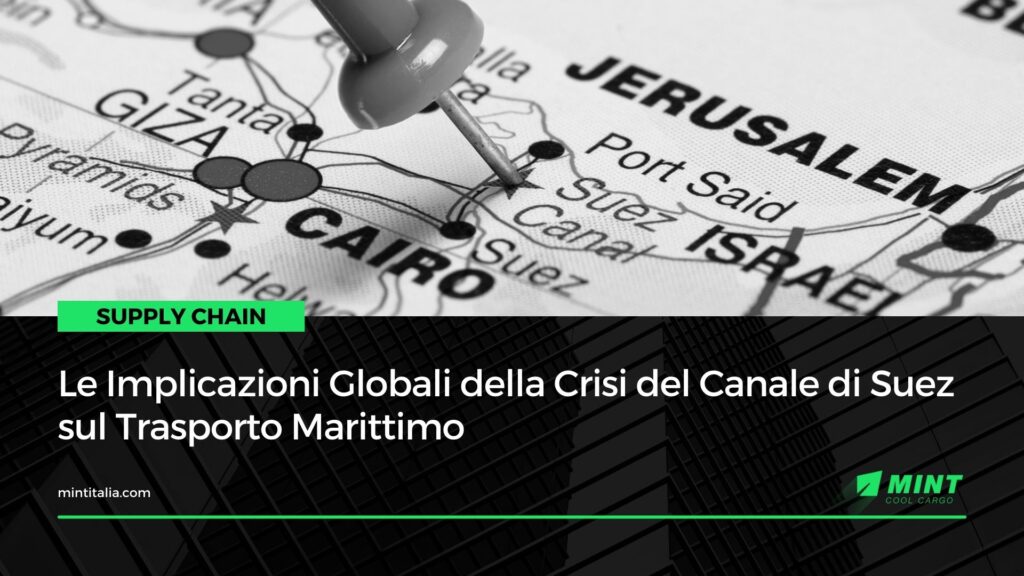The global cosmetics industry operates within a complex web of regulatory frameworks, with regulations varying significantly from one country to another.
In the European Union, for example, cosmetics are governed by Regulation (EC) No 1223/2009, which sets out strict requirements for product safety, labeling, and advertising. Similarly, the United States Food and Drug Administration (FDA) regulates cosmetics under the Federal Food, Drug, and Cosmetic Act (FD&C Act), which mandates adherence to Good Manufacturing Practices (GMP) and labeling guidelines.
One of the primary objectives of regulatory compliance in the cosmetics industry is to safeguard consumer health and well-being. This involves rigorous testing and evaluation of ingredients to ensure they are safe for use in cosmetic products and do not pose any risks to human health.
In addition to domestic regulations, companies engaged in the global shipping of cosmetics must also navigate import and export restrictions imposed by different countries. This includes restrictions on certain ingredients, packaging materials, or product categories, as well as requirements for obtaining import permits or certificates of conformity. Failure to comply with these requirements can result in delays, fines, or even the seizure of goods at customs checkpoints.
Given the complexity of regulatory requirements and the potential consequences of non-compliance, many cosmetics companies choose to partner with compliance experts or regulatory consultants to ensure that their shipping practices align with legal requirements. These experts provide invaluable guidance on navigating regulatory complexities, staying abreast of regulatory updates, and implementing best practices to minimize compliance risks.
#Cosmetics #ColdChainShipping #SupplyChain #SmartPackaging #Sustainability #TemperatureControlled #GlobalLogistics #FreightForwarder

Sfide del Trasporto Aereo Cargo in Italia
Il trasporto aereo cargo rappresenta un pilastro fondamentale dell’economia globale, facilitando lo scambio di merci su scala internazionale con efficienza e velocità senza pari. Tuttavia, oggi si trova ad affrontare una serie di sfide significative, che richiedono un approccio innovativo e sostenibile per garantire la sua competitività e rilevanza nel panorama economico mondiale.








